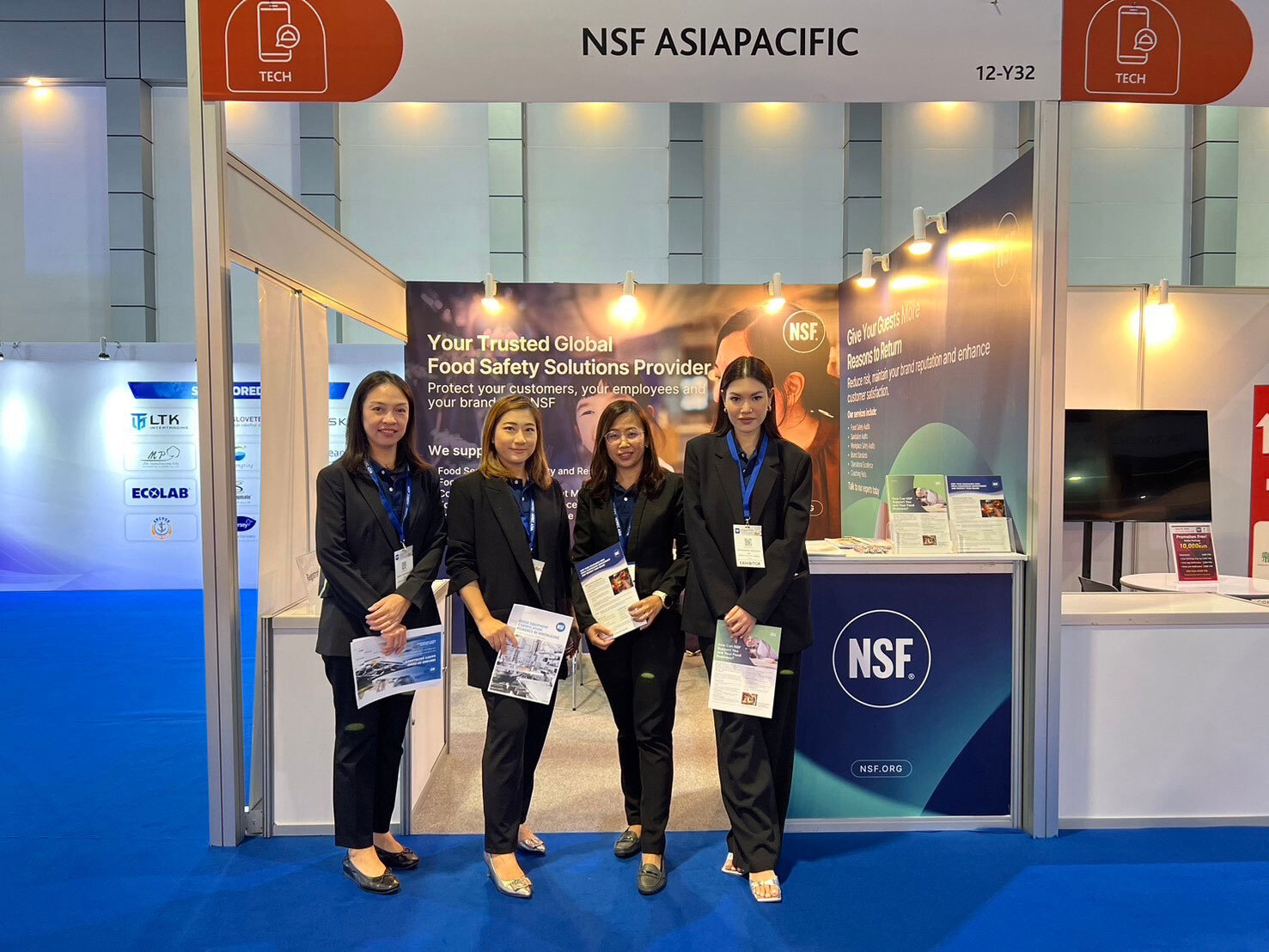IATF Transition and Industry Status Update
We are roughly half way through the IATF 16949 transition and wish to update all on the global progress. The executive summary is that the industry is behind where it would like to have been and the next six-plus months will be busy and challenging. There was an IATF stakeholder meeting in early March in London to review status, and the slides are now posted on the www.iatfglobaloversight.org website. More meetings are scheduled to focus on progress going forward. The following statistical highlights came from that meeting as well as the Southern Automotive Quality Summit which was held in Alabama mid-March.
- 68,355 sites globally were certified to TS/IATF 16949 as of January 31, 2018. Since 2002 there has been a steady increase in registrations leading to the current numbers.
- As of February 1, 2018, 36 percent of Tier 1 suppliers completed IATF audits and 17 percent have received certificates.
- For the same timeframe, 26 percent of all suppliers completed IATF audits and 13 percent have received certificates.
- Nonconformities (NCs) per audit have increased from 3.2 in previous years to 5.3 in 2017.
- Major NC ratios increased from 5.6 in previous years to 8.3.
- Zero NC audits dropped from 6.2 to around 2.
- Top ten major NCs were: 10.2.1 (NC&CA); 7.2.3 (IA Competency); 6.1.2.3 (Contingency Plans); 10.2.3 (Problem Solving); 8.5.1.5 (TPM); 8.5.1 (Production); 8.5.1.1 (Control Plan); 8.3.5.2 (Mfg Design Input); 4.3.2 (CSR) and 4.4.1 (QMS & Processes).
- Top ten minor NCs were: 8.5.1.5 (TPM); 6.1.2.3 (Contingency Plans); 8.5.1.1 (Control Plans); 8.3.5.2 (Mfg Design Input); 8.5.1 (Production); 8.5.1.2 (Standard Work); 8.3.3.3 (Special Char); 10.2.3; 8.5.1.3 (Verification of Setups); 7.1.5.1.1 (MSA) and 10.2.3 (Problem Solving).
- Since January 2017, 165 auditors have been added to the scheme.
More sanctioned interpretations and FAQs are expected to be released in April 2018. Global oversight is continuing to ensure IATF audits are being scheduled by certification bodies (CBs) and OEMs are reviewing scheduling data from CBs to ensure their suppliers have transitioned already or confirmed dates for their audits.
A Ford letter to suppliers has confirmed that to maintain Q1 status all suppliers must be certified to IATF 16949 by September 15, 2018. Status needed to be reported in the Q1 MSA by March 19, 2018.
An FCA letter of expectation to be certified by September 14, 2018 has also been shared with all suppliers.
Other Industry Updates
The IATF Transition Strategy, Revision 5 was released on March 1, 2018. The main change was the addition of FAQ no. 20 which clarifies the need for an off-site document review in cases where a Stage 1 audit can be waived.
Also, the AIAG-VDA FMEA Handbook project is now in the validation phase. We expect revised documents to be available in Q3 2018 and OEM CSR expectations are to be published in Q4 2018. No IATF audit expectations based on this new information are expected until January 2019. All automotive suppliers will need to update their knowledge once this significant revision is available.
For Companies With Upcoming Transition Audits
We would also like to remind clients of the key points for a smooth transition experience:
- Off-site document reviews are mandatory and will not be scheduled as additional on-site time during transition audits. We recommend they occur 30 to 60 days prior to the transition audit.
- Full supporting evidence is required to be submitted to the Lead Auditor in advance of the scheduled date for the off-site document review.
- If open issues exist from the off-site doc review, we will need to add time to the on-site visit to follow-up; this must occur at the beginning of the audit.
If regular audit boundaries are missed, then we must apply consequences listed in the IATF Transition Strategy document; it is therefore important to stick to regular audit timing.
Share this Article
How NSF Can Help You
Get in touch to find out how we can help you and your business thrive.

What’s New with NSF

NSF Shanghai Named Critical Site for NSF/ANSI 455 and NSF/ANSI 173 by ANSI National Accreditation Board
July 26, 2024
NSF Takes Center Stage at NEHA Annual Education Conference
July 25, 2024
NSF Asia Pacific Showcases Hospitality Solutions at THAIFEX HOREC Asia 2024 in Bangkok, Thailand
July 4, 2024